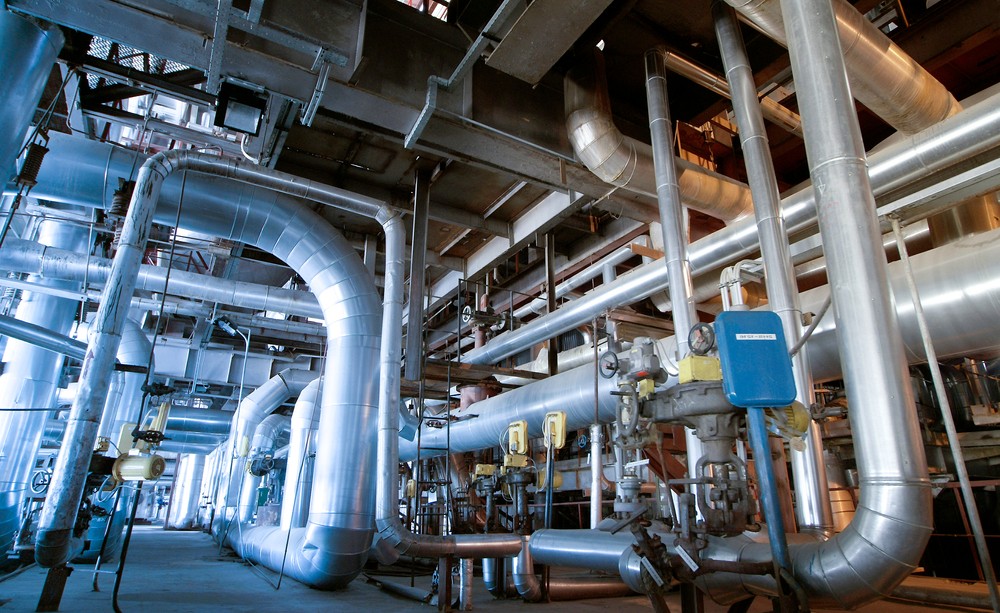The global landscape is undergoing a transformative shift powered by digital innovation. As technology continues to advance at an unprecedented pace, industries worldwide are seizing the opportunity to reshape their practices, boost efficiency, and adapt to the ever-evolving needs of consumers. In response businesses are actively seeking ways to modernise their operations, with particular focus on automating and optimising their workflows. An emerging solution that holds immense promise for meeting the escalating demands is the adoption of the industrial metaverse.
The metaverse, is typically described as a virtual reality that digitally displays people and things in a 3D virtual world. This type of metaverse is consumer-centric and is associated with social experiences and virtual shopping. However, looking at the definition of the metaverse in a broader sense, this can extend it to include a blending of the physical and virtual world, enabled by immersive technology. This definition encompasses the industrial metaverse.
Unlike the consumer centric metaverse, the industrial metaverse assists workers by digitizing information and delivering it directly to workers. For businesses, deploying this offers benefits such as improving production processes and streamlining operations.
The metaverse in the UK The United Kingdom is witnessing a surge in interest regarding the metaverse. A recent survey conducted by KPMG in December 2022 reveals that "47% of UK consumers believe the metaverse will achieve widespread adoption within the next decade." This growing enthusiasm among consumers underscores the metaverse's potential. Moreover, as the diverse range of its applications becomes more evident, it is becoming an increasingly intriguing prospect for the manufacturing and logistics sectors.
A virtual aid for frontline workers
Frontline industrial workers in the manufacturing and logistics sectors are often busy with tasks that require physical interaction with real-world objects. These tasks, whether involving machines, devices, or goods, frequently demand the expertise and intuition that only experienced workers can provide. However, managing these interactions, especially when specialised technicians are required onsite, can be time-consuming. This is where the industrial metaverse offers a solution to bridge the gap between the physical and virtual worlds through immersive technologies such as artificial intelligence (AI), augmented reality (AR), and mixed reality (MR).
These technologies hold the potential to provide real-time information and objects directly within a worker’s line of sight. For instance, smart glasses and MR headsets provide the capability to seamlessly integrate information, interactive 3D virtualisation, and step-by-step workflows into the real world. Remarkably, these technologies do so without obstructing a worker’s view or impeding
the use of their hands, leading to substantial advancements in efficiency. Additionally, they contribute to lower error rates and the elimination of costly delays.
Beyond frontline manufacturing and logistics
The applications of the industrial metaverse extend beyond frontline workers in the manufacturing and logistics sectors. Support services, including essential equipment repairs, can be improved through MR and AR solutions. For example, offsite technicians using metaverse technology can remotely guide onsite workers through the required processes to fix equipment, significantly minimising the downtime of machines.
Metaverse technology also massively improves training processes. During training scenarios, it enables the deployment of real-time data through AR solutions. Skilled technicians can remotely provide instructions and guidance through these advanced solutions, enriching the training experience.
Looking to the future of the industrial metaverse
The industrial metaverse represents new opportunities for businesses. Organisations that embrace these new technologies as part of their digital transformation strategies, have unprecedented opportunities for growth and improved efficiency.
For forward-thinking organisations in the UK that embrace metaverse technologies now, this can offer them a competitive edge in meeting consumer demands in the future. As global interest in the metaverse continues to gain traction, the industrial sector in the UK can stay a step ahead of competitors by investing in metaverse technologies and integrating them into workflows.




